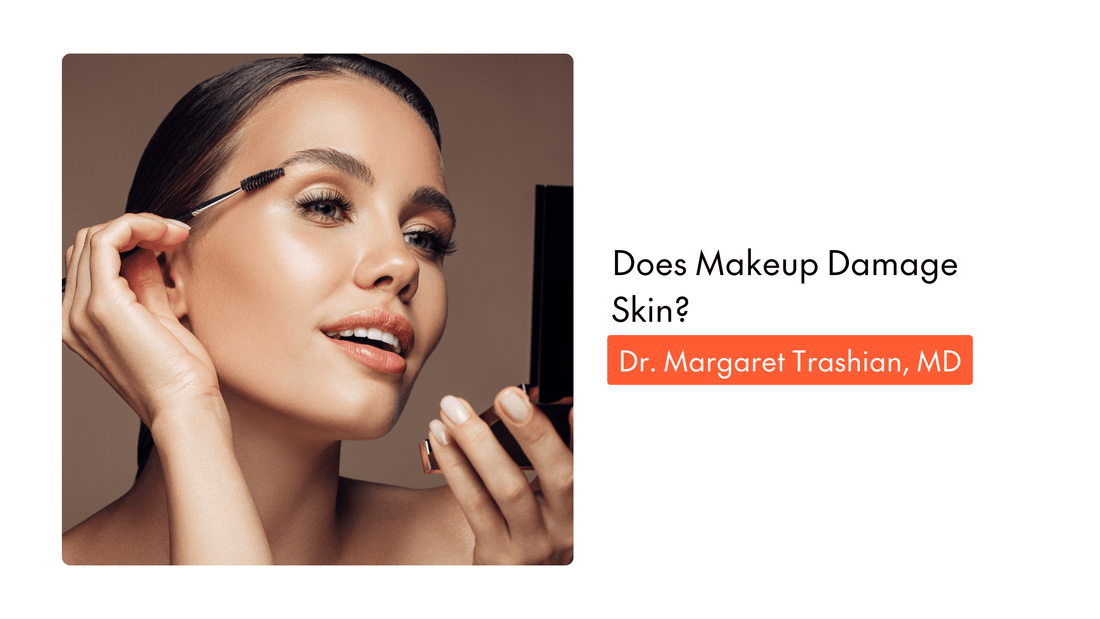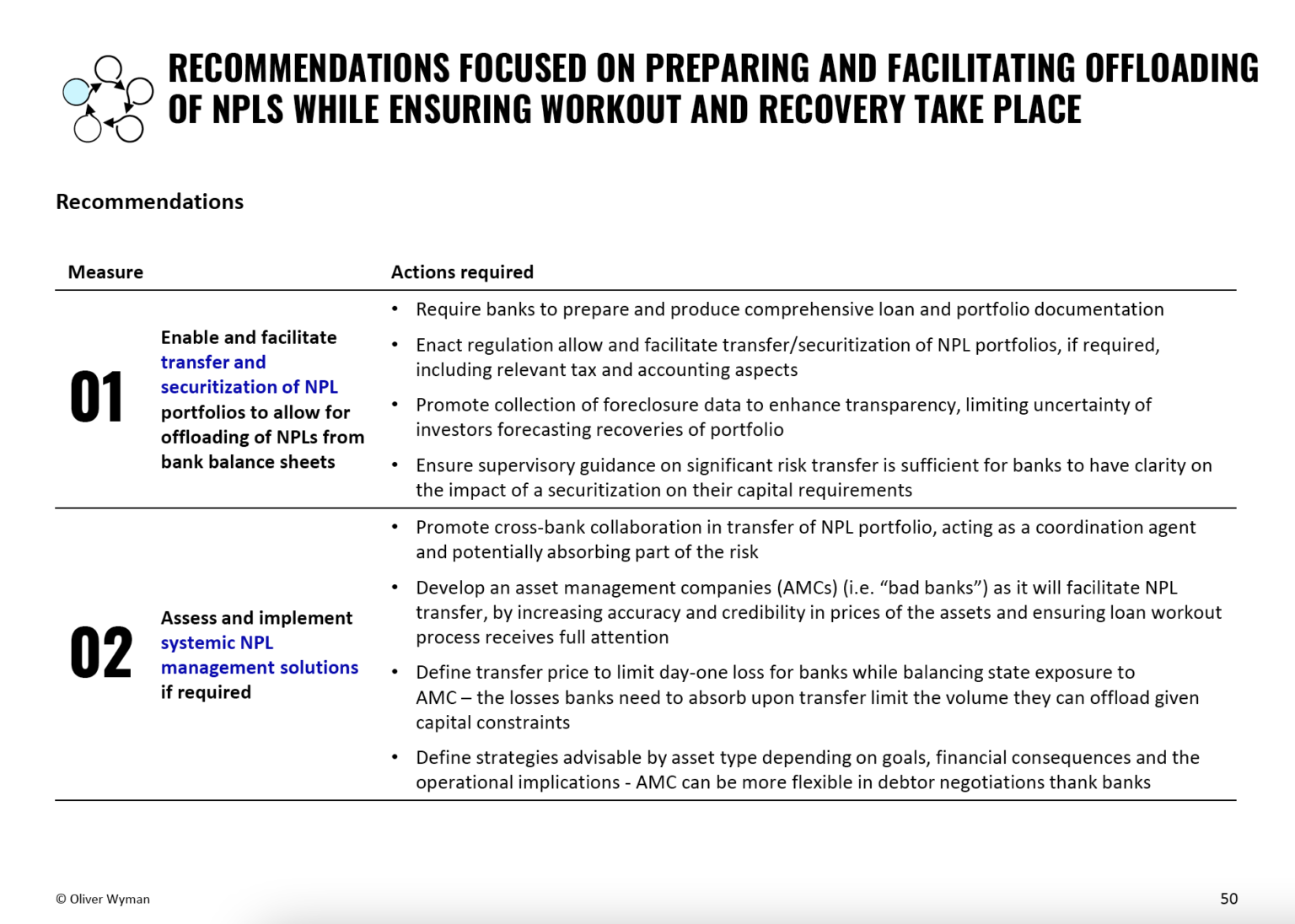The Truth About Makeup: Does It Damage Your Skin?

Table of Contents
The Potential Benefits of Makeup (and its ingredients):
Makeup, when used correctly, isn't always the enemy of healthy skin. In fact, it can offer some surprising benefits.
Protective Qualities:
Certain makeup ingredients can provide a layer of protection against environmental stressors.
- SPF in Foundation: Many foundations now include SPF (sun protection factor), shielding your skin from harmful UV rays that cause premature aging and skin cancer. Look for products with an SPF of 30 or higher for optimal protection.
- Antioxidants in Makeup: Some makeup products contain antioxidants like Vitamin E and Vitamin C, which combat free radical damage and help maintain skin health. These ingredients can contribute to a more youthful and radiant appearance.
- Choosing Makeup with Protective Ingredients: Prioritize makeup with these beneficial ingredients to enhance your skincare routine. Read labels carefully and select products that offer added protection beyond just cosmetic enhancement.
Cosmetic Enhancement and Confidence Boost:
Beyond physical protection, makeup offers significant psychological benefits.
- Improved Confidence and Self-Image: Many people find that makeup boosts their self-esteem and confidence, allowing them to feel more comfortable and presentable in social situations.
- Positive Impact on Mental Well-being: This increased confidence can have a ripple effect, positively impacting overall mental well-being and reducing stress levels. Feeling good about your appearance can translate into feeling good about yourself.
The Potential Risks of Makeup (and its ingredients):
While makeup offers advantages, it's crucial to be aware of potential drawbacks.
Ingredients to Watch Out For:
Some ingredients commonly found in makeup can negatively affect skin health.
- Comedogenic Ingredients: These ingredients clog pores, leading to acne breakouts. Common culprits include coconut oil, cocoa butter, and lanolin. Check product labels for information on comedogenicity.
- Parabens: These preservatives are linked to potential hormonal disruption. Look for "paraben-free" labels.
- Sulfates: These harsh detergents can strip the skin of its natural oils, leading to dryness and irritation. Opt for sulfate-free cleansers and makeup removers.
- Fragrances: Artificial fragrances can be irritating to sensitive skin, triggering allergic reactions or inflammation. Choose fragrance-free or hypoallergenic products.
Irritation and Allergies:
Certain makeup products can trigger allergic reactions or irritate sensitive skin.
- Common Allergic Reactions: Symptoms can range from mild redness and itching to severe swelling and difficulty breathing. Common allergens include fragrances, preservatives, and certain colorants.
- Importance of Patch Testing: Always patch test new products on a small area of skin before applying them to your entire face to check for any adverse reactions.
Improper Application and Hygiene:
Poor hygiene practices can negate any benefits and increase the risk of skin problems.
- Clean Brushes and Tools: Regularly clean your makeup brushes and sponges to prevent bacterial buildup and the spread of infection.
- Importance of Clean Hands: Always wash your hands before applying makeup to prevent transferring bacteria or dirt to your face.
- Risks of Sharing Makeup: Sharing makeup increases the risk of spreading bacteria, viruses, and fungi. Avoid sharing your makeup with others.
Minimizing Makeup's Potential Harm:
By making informed choices and prioritizing good hygiene, you can significantly reduce the potential harm of makeup.
Choosing the Right Products:
Selecting high-quality, non-comedogenic makeup is paramount.
- Check Labels Carefully: Scrutinize ingredient lists, looking for potentially harmful substances.
- Look for Certifications: Opt for products certified as hypoallergenic or non-comedogenic if you have sensitive skin.
- Products for Sensitive Skin: Choose products specifically formulated for sensitive skin, minimizing the risk of irritation.
Practicing Good Hygiene:
Proper application and removal techniques are essential.
- Thorough Cleansing: Always remove your makeup completely before bed, using a gentle cleanser and lukewarm water. Follow with a moisturizer.
- Regular Brush Cleaning: Clean your makeup brushes at least once a week, using a gentle cleanser or brush cleaner.
Listening to Your Skin:
Pay close attention to how your skin reacts to different products.
- Recognizing Signs of Irritation: Watch for redness, itching, burning, or breakouts. If you experience any of these, discontinue use and consult a dermatologist.
- Seeking Professional Advice: If you're experiencing persistent skin problems, consult a dermatologist for personalized advice and treatment.
Conclusion:
Makeup can offer benefits like sun protection and a confidence boost, but it also carries potential risks, including irritation and breakouts. The key is choosing high-quality, suitable products and practicing impeccable hygiene. By understanding the truth about makeup and its impact on your skin, you can make informed choices to achieve a beautiful and healthy complexion. Start today by reviewing your makeup bag and evaluating your current routine. Remember, the right makeup doesn’t have to damage your skin! Choose safe makeup and prioritize a healthy makeup routine for the best results.

Featured Posts
-
 Oklahoma School Closure Updates Wednesdays Winter Weather Impact
Apr 25, 2025
Oklahoma School Closure Updates Wednesdays Winter Weather Impact
Apr 25, 2025 -
 Understanding The Increased Volatility In Todays Stock Market
Apr 25, 2025
Understanding The Increased Volatility In Todays Stock Market
Apr 25, 2025 -
 Auto Dealers Double Down On Opposition To Electric Vehicle Regulations
Apr 25, 2025
Auto Dealers Double Down On Opposition To Electric Vehicle Regulations
Apr 25, 2025 -
 20 Fevralya Kot Kellog Pribudet V Ukrainu Analiz Situatsii
Apr 25, 2025
20 Fevralya Kot Kellog Pribudet V Ukrainu Analiz Situatsii
Apr 25, 2025 -
 2025 Te Canakkale Zaferi Nin Yildoenuemue Kacinci Yil
Apr 25, 2025
2025 Te Canakkale Zaferi Nin Yildoenuemue Kacinci Yil
Apr 25, 2025
Latest Posts
-
 Cavs Week 16 Analysis Assessing The Trades Impact And The Teams Break
Apr 30, 2025
Cavs Week 16 Analysis Assessing The Trades Impact And The Teams Break
Apr 30, 2025 -
 Cleveland Cavaliers Week 16 Key Takeaways Big Trade Impact And Much Needed Rest
Apr 30, 2025
Cleveland Cavaliers Week 16 Key Takeaways Big Trade Impact And Much Needed Rest
Apr 30, 2025 -
 Celtics Homestand A Defining Moment In The Championship Race
Apr 30, 2025
Celtics Homestand A Defining Moment In The Championship Race
Apr 30, 2025 -
 Will Celtic Rise To The Occasion Homestand Defines Championship Prospects
Apr 30, 2025
Will Celtic Rise To The Occasion Homestand Defines Championship Prospects
Apr 30, 2025 -
 Championship Implications Celtics Homestand Showdown
Apr 30, 2025
Championship Implications Celtics Homestand Showdown
Apr 30, 2025
